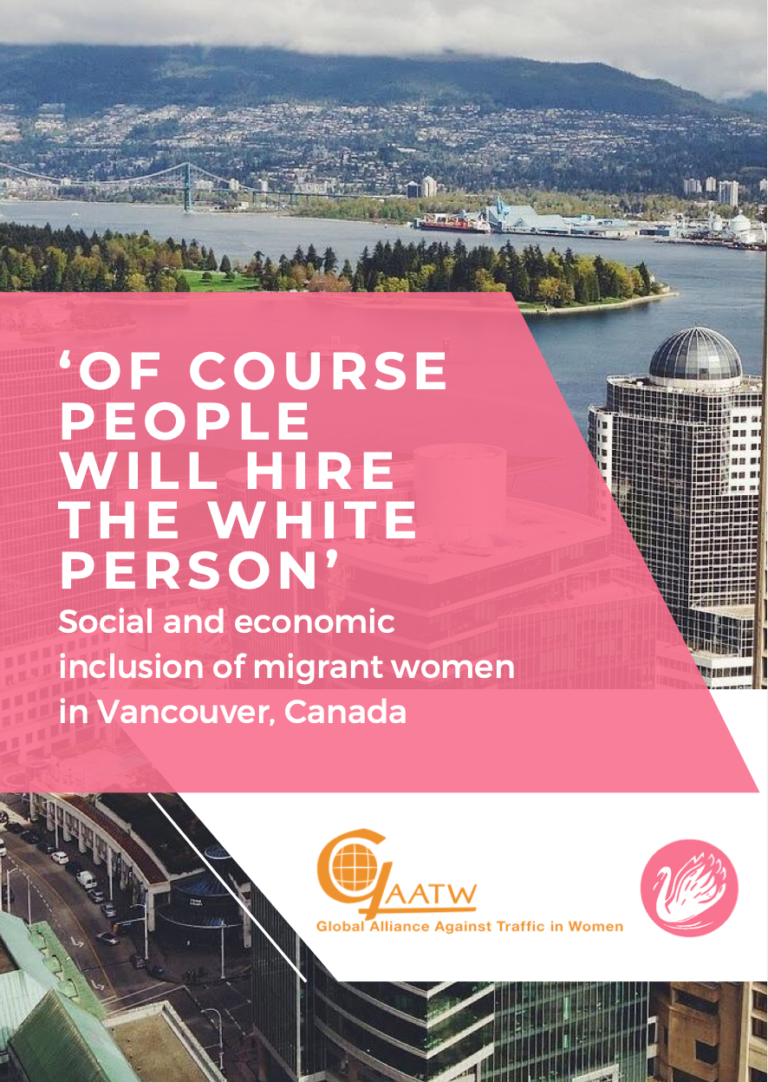What works to end modern slavery? A review of evidence on policy and interventions in the context of justice
GuidancePublicationsThe purposes of the study was to examine what is known about effective policy to achieve SDG Target 8.7 in the context of justice, by: (1) collecting and collating existing evidence on what works; (2) identifying the range of claims and hypotheses c...Read More

